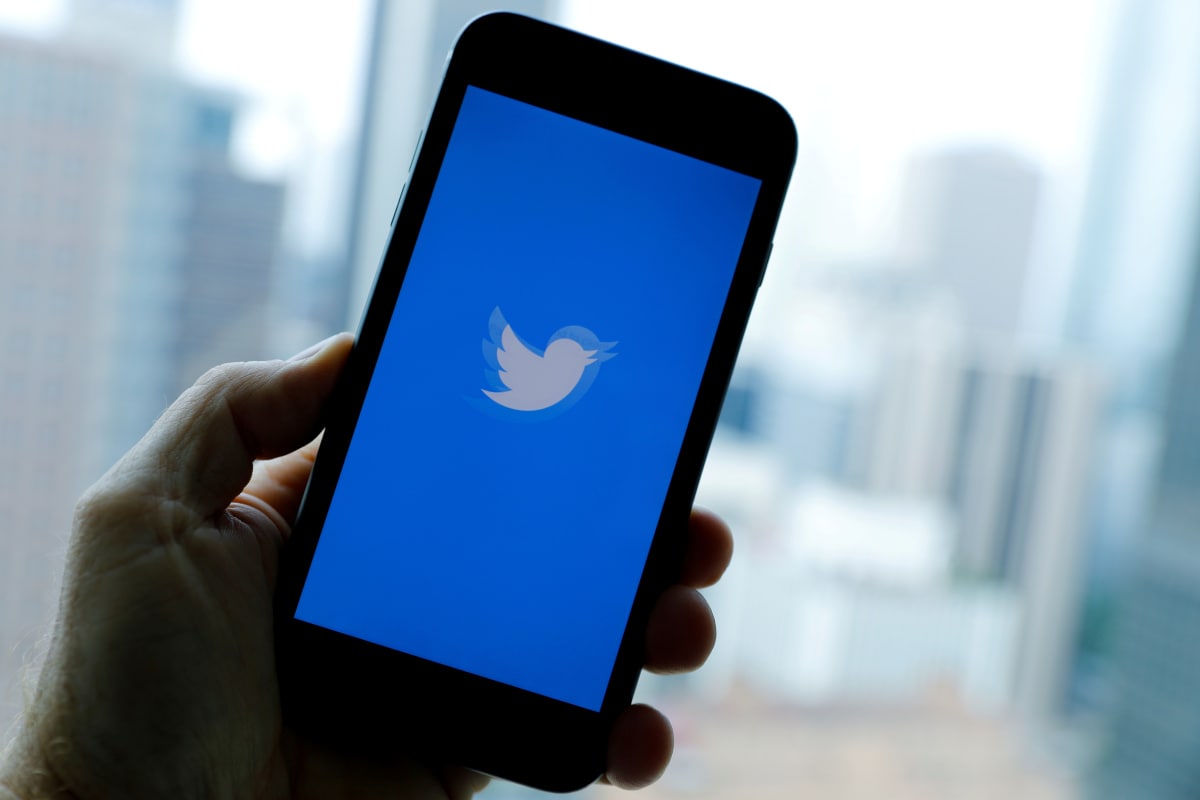
Nigeria’s Twitter ban: Who’s toeing the line, and who’s defiant?
The Nigerian government has suspended Twitter indefinitely, but the country’s citizens, press, politicians and pastors continue to tweet

The Nigerian government last Friday suspended Twitter indefinitely, but the country’s citizens continue to tweet. This despite the government threatening to arrest and prosecute ban violators. Toeing the government’s line, telecom companies there have blocked Twitter, but the people are using virtual private networks (VPNs) to overcome the technical hurdle, said a BBC report. The ban has backfired on the government itself, it quoted legal experts as saying.
Dear Nigerians, kindly update your Twitter App. You can now tweet without VPN in Nigeria.
Thank you @jack. #KeepitOn #WeAreTired
— Concerned Nigerians (@ConcernedNIG) June 9, 2021
Nigeria banned the micro-blogging platform on the grounds that it allegedly undermined its ‘corporate existence’ by spreading fake news with ‘violent consequences’. However, Nigerians as well as other nations and human rights bodies said the government was undermining civil liberties.
The BBC report said that while there’s no law in the African nation that makes tweeting illegal, police can arrest suspected violators since the national security legislation gives them sweeping powers. It would not be the first time that they are enforcing government orders despite legal ambiguity.
Also read: Proposed media law has Pakistan journalists on the boil
While no arrest has been reported till date due to the ban, there are instances of people being stopped by the police and their phones searched, said the BBC report. However, since Twitter is banned, it is possible that arrests have been made without the public knowing about it, it added.
Who are all defying the ban?
Many among the common public are continuing to tweet despite the ban. Some opposition leaders, such as Oyo state Governor Seyi Makinde, are among well-known people defying the ban, said BBC. Nigerian newspapers like The Punch, Daily Trust and The Guardian continue to tweet, it added. It helps that the internet is not regulated in Nigeria, so the online versions of the publications fall through regulatory cracks.
On the other hand, said the BBC, the National Broadcasting Commission, which regulates radio and TV stations, has issued a warning that if they do not deactivate their Twitter accounts it will be considered an unpatriotic act. Further, it bars journalists from sourcing information from Twitter.
The BBC employs several journalists in Nigeria, who are “continuing to reach audiences on Twitter with news stories published via the BBC Africa and BBC World Twitter accounts.”
The report further said many pastors in Nigeria’s ‘mega-churches’ have also defying the ban to tweet, though it’s possible they’re doing it from their offices abroad.
Businesses exercise caution
Nigeria Inc is mostly playing it safe. Most private enterprises, including banks, have ceased tweeting, said BBC. Online payments platform Quickteller referred customers to other social media platforms for its services, it added.
“This will affect our ability to stand for the truth and hold the government accountable.”
How Nigeria’s Twitter ban will affect people and businesses https://t.co/48EXATT8xo pic.twitter.com/f7Y6LWLwhR
— Al Jazeera English (@AJEnglish) June 7, 2021
It is feared that the ban will cost the African nation’s economy dearly, particularly because it will impede future tech investments. A ban on Twitter would be viewed as unfriendly policy-making, and deter private investors, observed industry experts. The BBC quoted global internet monitor NetBlocks as saying Twitter-happy Nigeria is losing about $250,000 an hour due to the ban.
Nigerian Govt embraces India-made Koo
Meanwhile, the Nigerian government has joined Koo, an Indian microblogging site days after banning Twitter. Koo’s, co-founder, Aprameya Radhakrishna tweeted a ‘warm welcome’ to the official handle of the Government of Nigeria.

